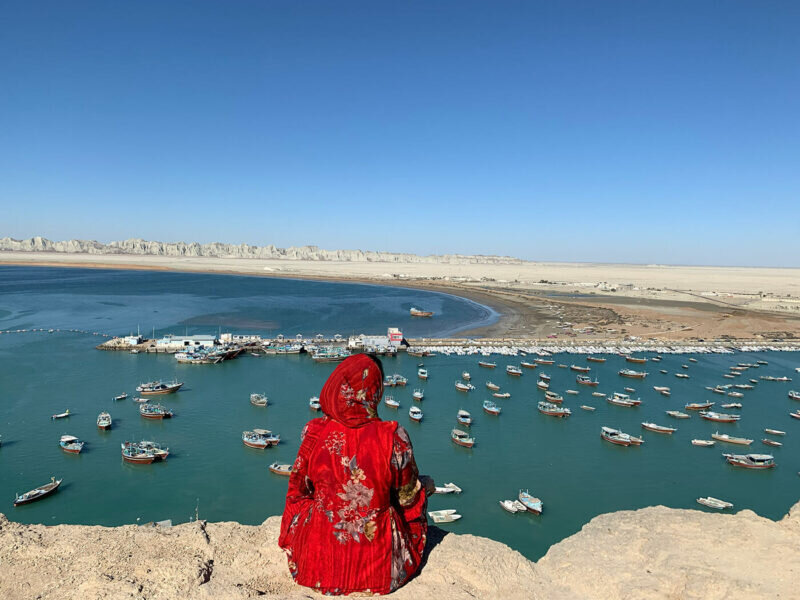Chabahar to host tourism festival of Persian Gulf

TEHRAN – A national tourism festival dedicated to the Persian Gulf is scheduled to be held in Chabahar port, the southeastern Sistan-Baluchestan province, the provincial tourism chief has said.
As well as developing tourism and handicrafts, the festival aims to contribute to the economic prosperity of Makran coast, Alireza Jalalzai explained on Monday.
The festival will include programs showcasing the culture of the province, cooking local dishes, performing local music, and setting up a handicrafts market, the official added.
The event will be held on February 18, he noted.
Back in December, a provincial official announced that tourism development can be facilitated through Chabahar port.
The Chabahar port is a hub for international trade among the Persian Gulf countries and can maximize the province’s tourism potential, he said.
Situated on the Makran shores, the port holds strategic importance in terms of transportation of goods and passengers along the Indian Ocean, the official added.
As one of the most important hubs of world trade in West Asia, Chabahar can contribute greatly to the development and economic growth of the region, he mentioned.
However, some measures, including developing tourism infrastructure and connecting Chabahar to the national railway, need to be done, he explained.
Chabahar is the only ocean port in Iran and the best and easiest access route of the middle Asian countries to free waters. Boasting various natural and historical attractions, Chabahar could be named one of the most underrated destinations in Iran. However, in recent years, various measures have been taken to promote the port as a safe and hospitable choice for both domestic and foreign visitors.
The collective province —Sistan in the north and Baluchestan in the south— accounts for one of the driest regions of Iran with a slight increase in rainfall from east to west and an obvious rise in humidity in the coastal regions. In ancient times, the region was a crossword of the Indus Valley and the Babylonian civilizations.
ABU/AM
